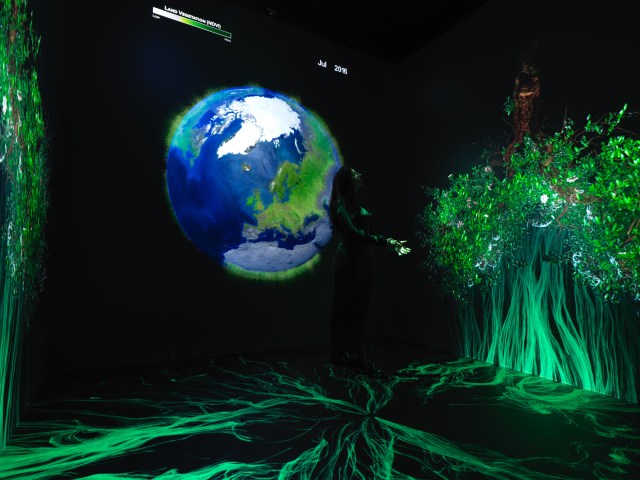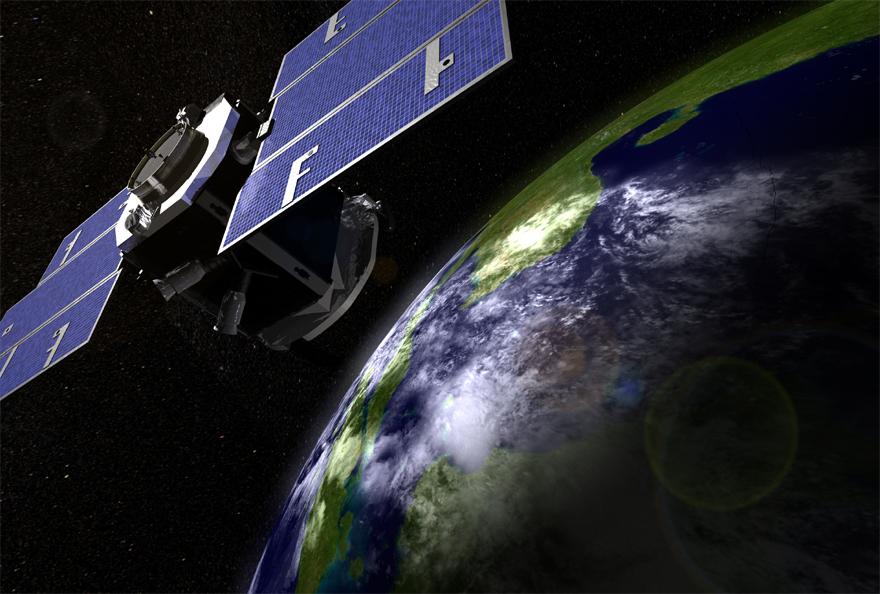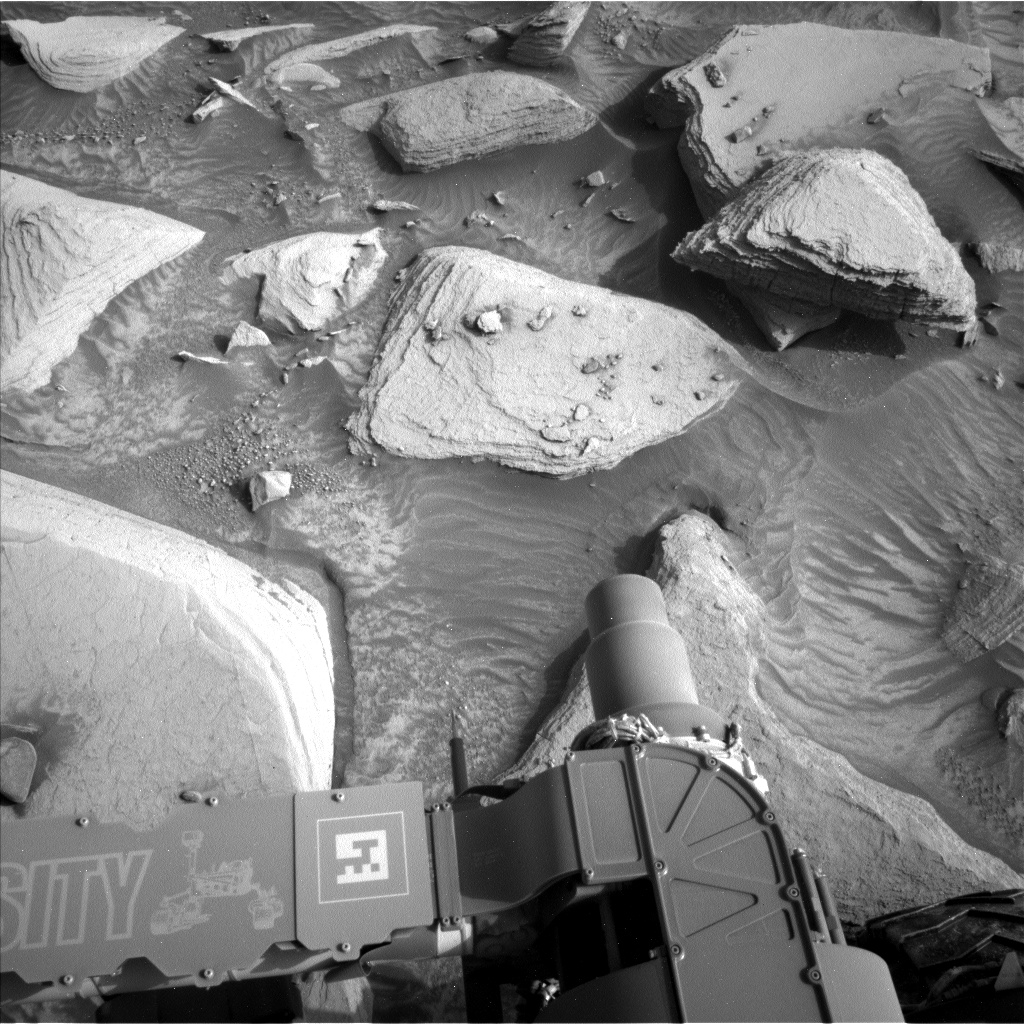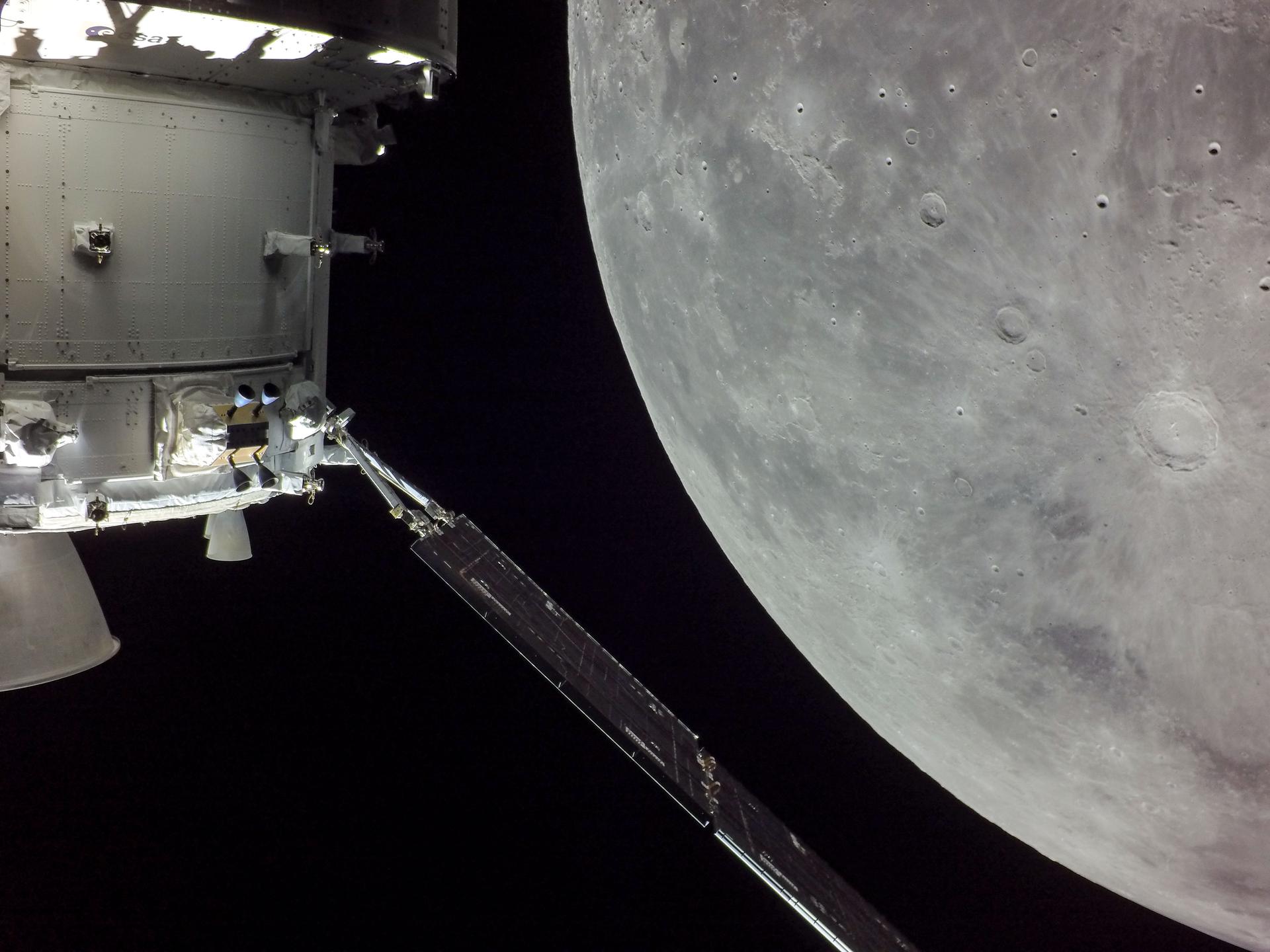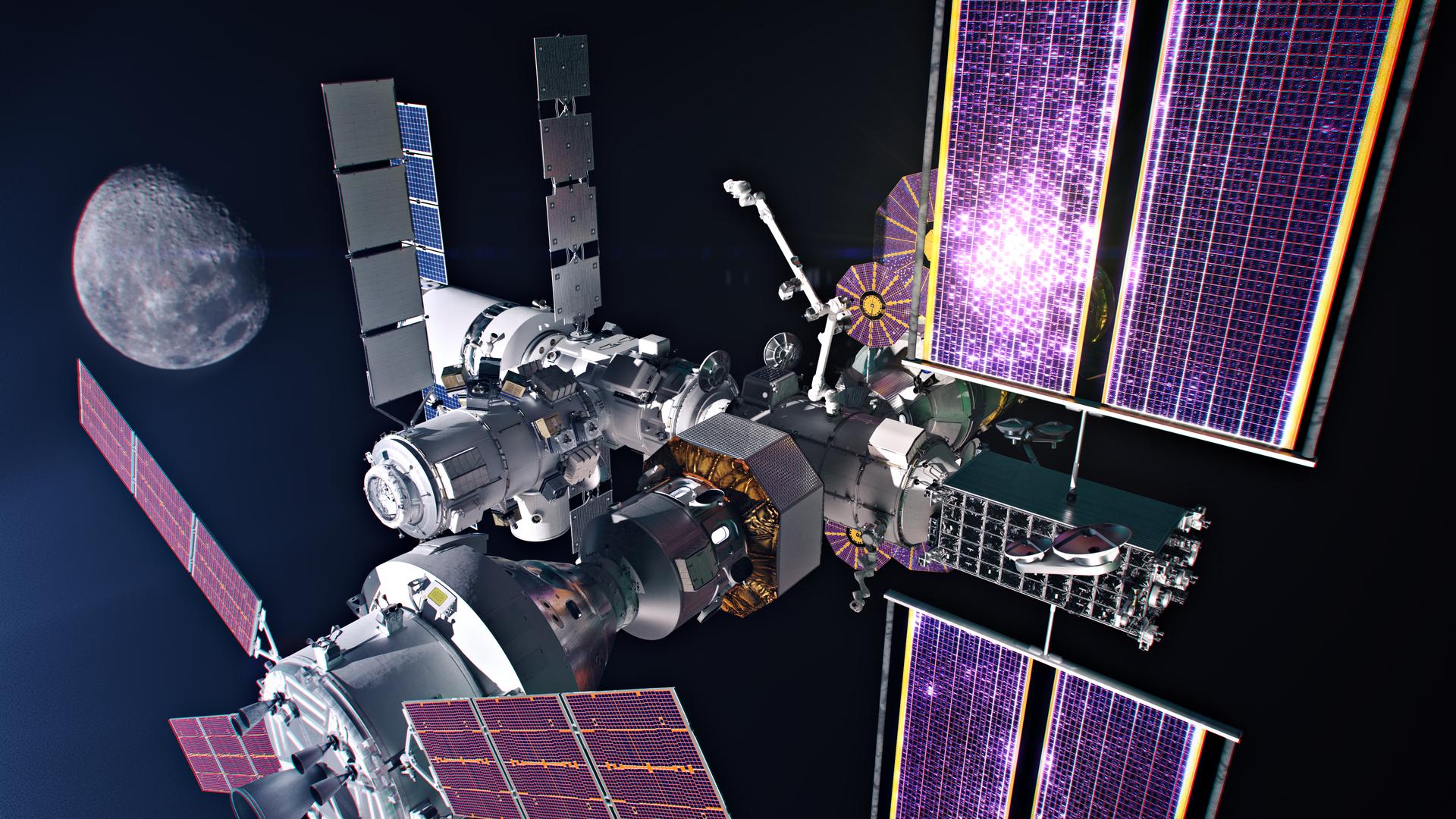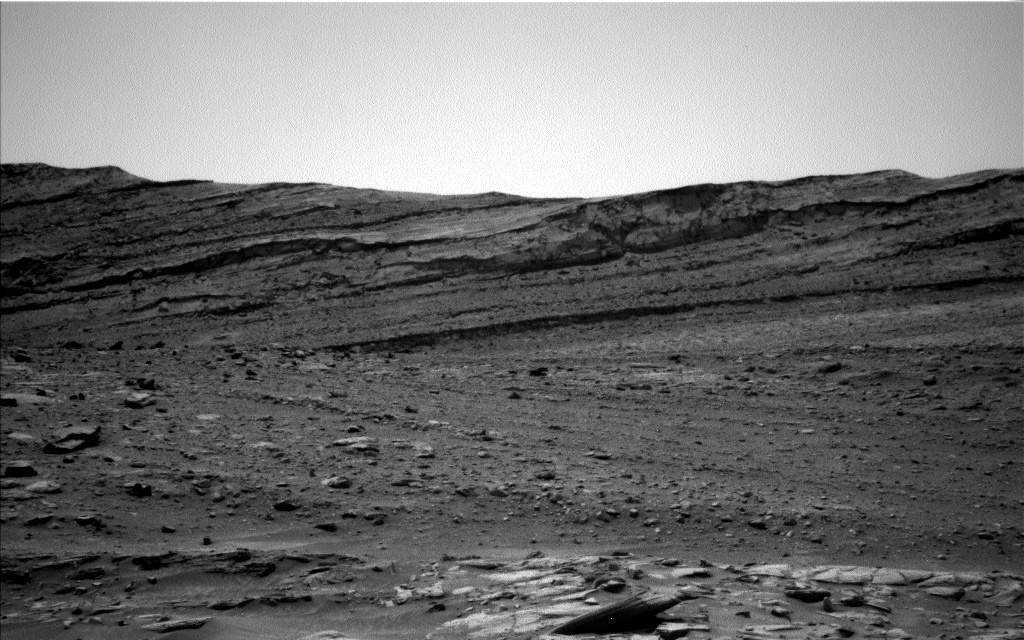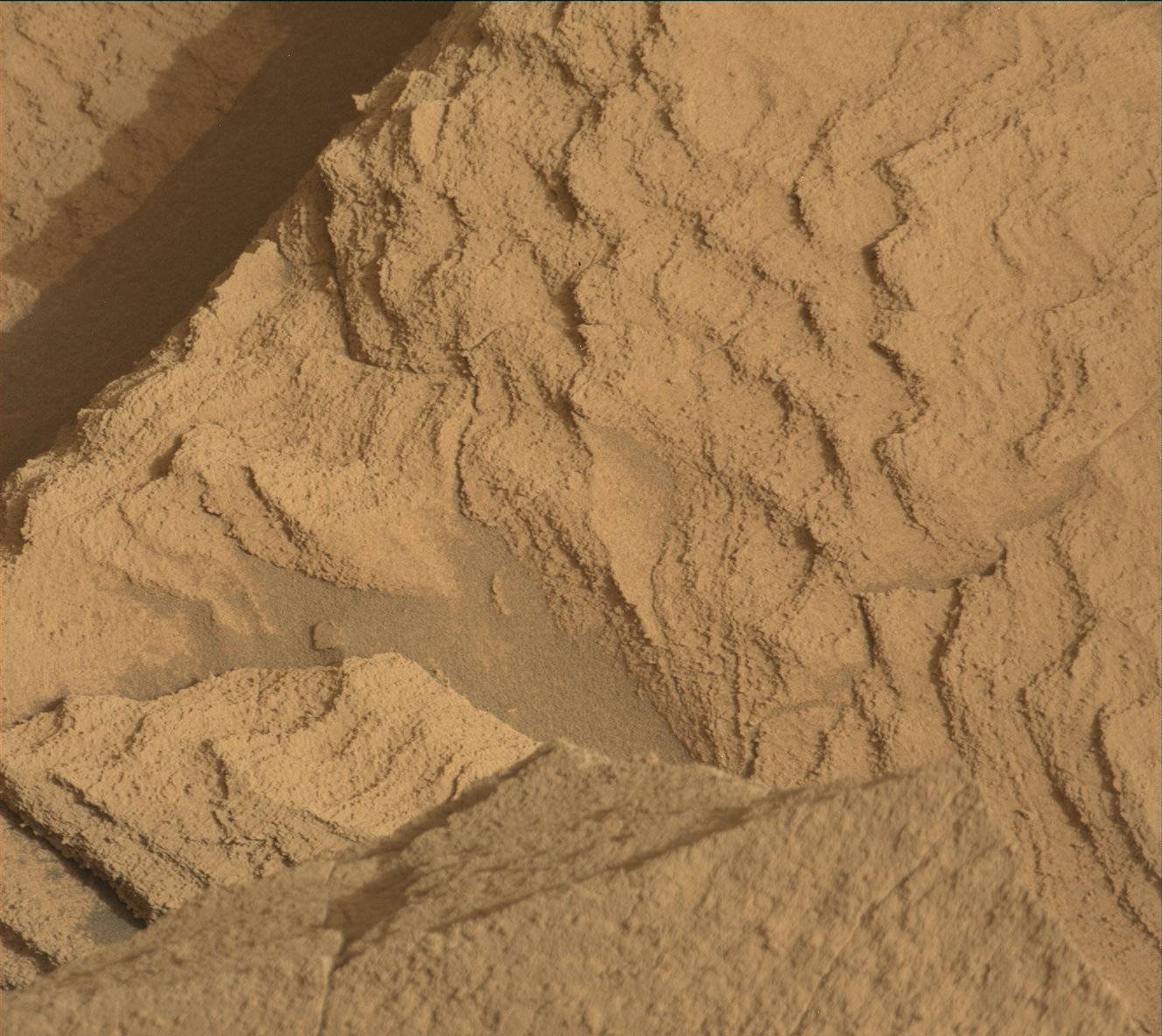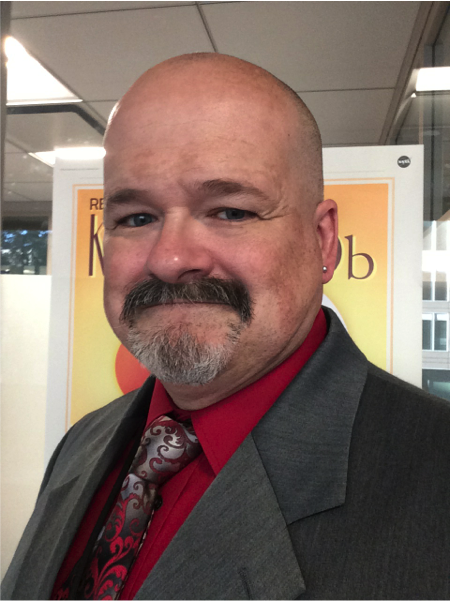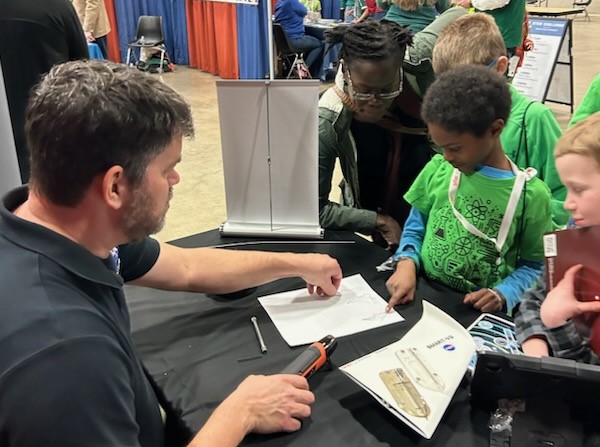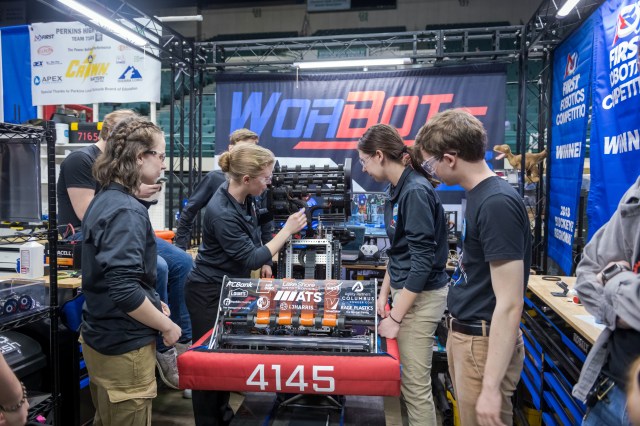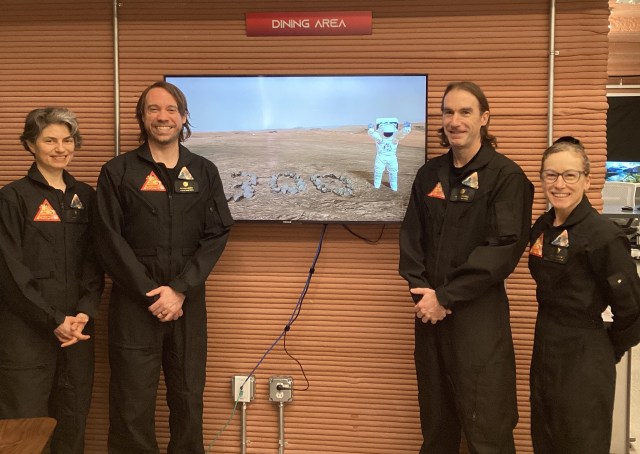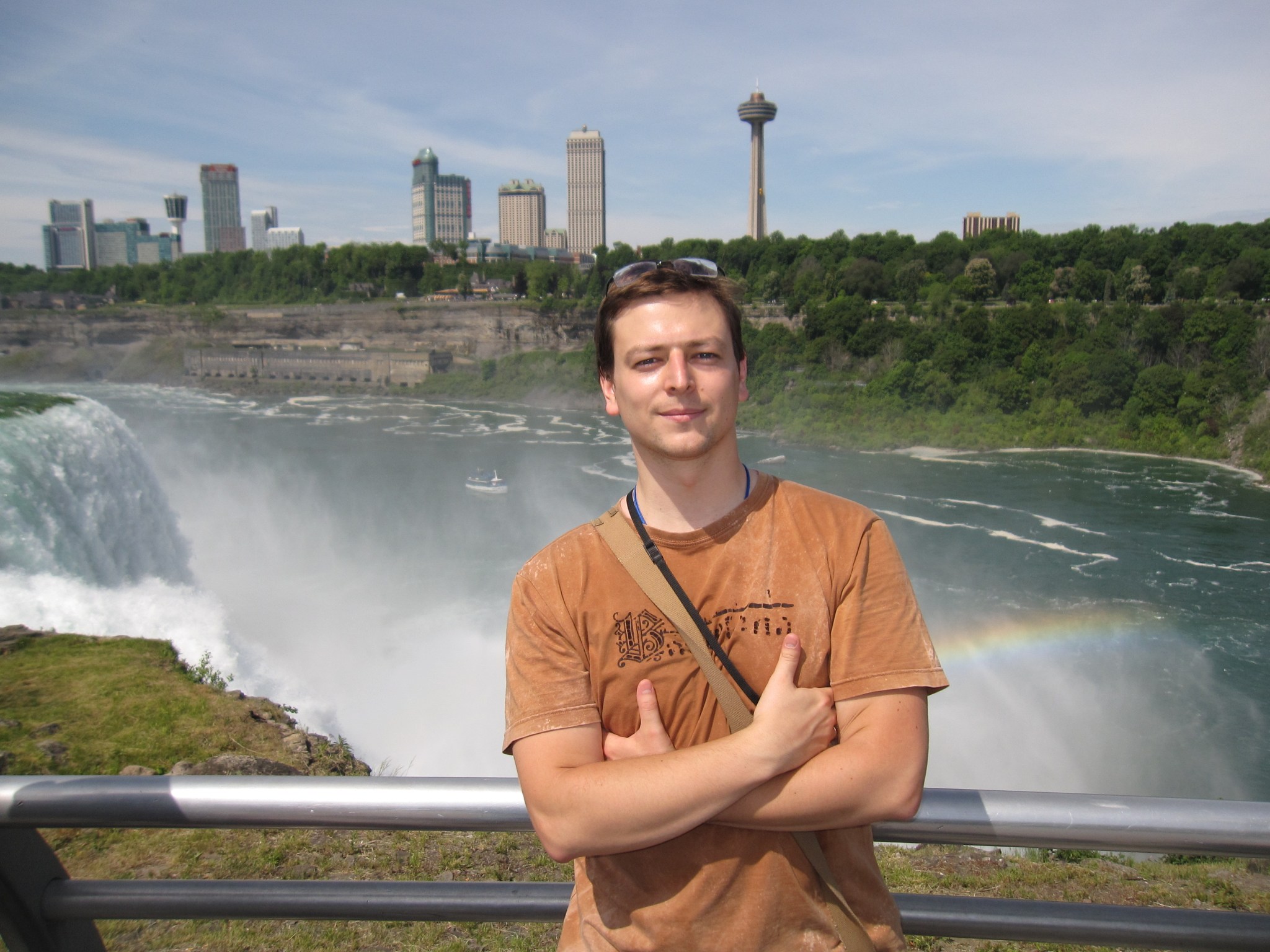Name: Sergey Korkin
Job Classification: Atmospheric scientist
Organization: Climate and Radiation Laboratory (Code 613)
What do you do and what is most interesting about your role here at Goddard? How do you help support Goddard’s mission?
Although I am trained as an electro optical systems engineer, I am currently working as an atmospheric scientist in the Climate and Radiation Laboratory. I write algorithms to simulate solar light scattering in the lower Earth atmosphere. My ultimate goal is to simulate what instruments on our satellites and on ground-based devises will see when operational.
Were you educated in Moscow?
I was born outside of Moscow. I earned all of my degrees, including a Ph.D. in electro optical systems, from Moscow Power Engineering Institute.
How do you write algorithms to simulate solar light scattering in the lower Earth atmosphere and how do you apply them?
Broadly speaking, the three main parts to atmospheric science are measurement, modeling or simulation, and comparison of the two. I focus on the modeling or simulation part. Basically, modeling translates from what the instrument sees to what is actually happening in the atmosphere. The people who build the instruments ensure that the instruments work correctly. That is not my headache. My headache is building the model that includes all important factors and atmospheric parameters such as multiple light scattering as light bounces through the atmosphere, surface reflection, ocean waves, vertical air density, aerosols, clouds and gas absorption of light. There are others, but I think these are enough for now.
At this point, other scientists use my model to perform the retrieval of what the instrument has measured using additional algorithms they have derived.
Let’s assume a group of atmospheric scientists has a working instrument and a working computer program for the retrieval. The output of the computer program depends on certain atmospheric parameters, which I just listed above. If, for example, we are looking at air pollution, then we first take an educated guess about the concentration of the particles. Then we run our program. We compare the output of the program to what the instrument has measured. We then adjust the program to match the instrument’s measurement.
Why are these algorithms so important to atmospheric science?
Once we perfect the algorithm, then we can understand the air quality. People will know where the air is clean and where the air is full of particles. In the long run, we can understand trends showing where the air is getting cleaner or dirtier. Ultimately, these algorithms are related to human health among many other factors.
How did you come to work at Goddard?
My doctorate adviser knows my supervisor at Goddard. When a position opened up in 2009, I applied, was selected and began working here in 2010.
Why did you leave Moscow for Goddard?
Curiosity! Growing up, I traveled around the world: Europe and Asia, but not the U.S. When the opportunity came up to live in the U.S. for one year, I was excited about absorbing a new culture and life.
What is the biggest difference between Moscow and the Washington, D.C., area?
I enjoy the Washington, D.C., area’s diversity. At Goddard, I work with people from around the world. Just within our laboratory, I can visit with people from everywhere. I can learn about education, medical systems, science and the arts in their countries.
What do you enjoy most about working at Goddard?
Goddard is a melting pot, just like the surrounding area. I work with top tier scientists and engineers from around the world. I am constantly learning from them, which is easier than only reading books on a subject because I can ask these experts questions.
Goddard also provides amazing educational opportunities both online and through campus seminars. It is incredible that we can listen to a Nobel prize-winning lecturer, one of our own!
Who are your mentors?
I am forever grateful to several people who helped make my new life here comfortable. There are too many to individually thank. However, I would like to especially thank my Goddard supervisor, Dr. Alexei Lyapustin, whom I have had the good fortune of knowing for a decade, and my doctoral adviser in Moscow, professor Vladimir Budak, both of whom are responsible for my being here at Goddard.
In addition, I am extremely thankful to Goddard’s large Russian speaking community. They all care about me and I care about them. They are constantly giving me good, timely advice about everything — how to buy a car, what health insurance to get, where to live and the like. They always invite my family and me over for holidays. Sometimes we just have a party for no reason. Without them, my life probably would be much more difficult because they smoothed out the vast cultural differences. They have made all the difference for us.
Do you return to Moscow to see your parents?
My parents and brother remain in Moscow. Every summer, my wife and I try to take our young son and daughter to visit their grandparents, both sets of whom live nearby Moscow. When possible, the grandparents visit us too. Our children are bilingual, we even speak in Russian at the dinner table, so they can talk freely with their grandparents.
I would also like to thank my wife, Marina, for coming to this country to make a new life for us. I would also like to thank my parents, Nina and Vladimir, for allowing their son to go so far away, which is really very hard for them.
What do you do for fun?
I love my job so much that I write code on weekends. While commuting, I listen to classical Russian literature, of course in Russian.
What lessons or words of wisdom would you pass along to somebody just arriving from a foreign country and starting their career at Goddard?
Never refuse to listen to advice — it is free, after all. But you don’t have to apply the advice you receive all at once. Some advice will never be applicable to you, while the value of other advice will become obvious over time. Trust yourself and take advantage of every opportunity.
By Elizabeth M. Jarrell
NASA Goddard Space Flight Center

